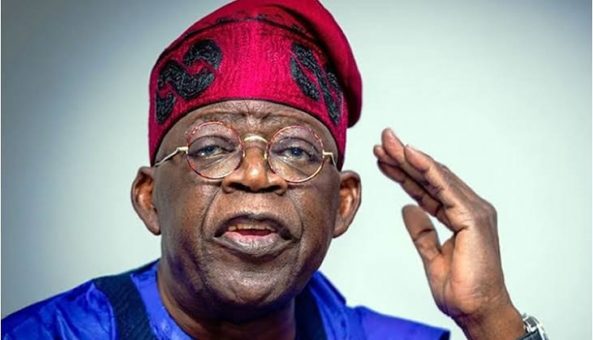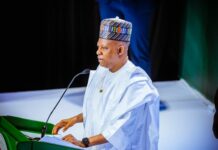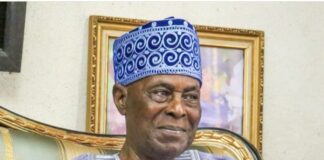Addis Ababa, Ethiopia – 21 February 2025 – iTour Africa correspondent Uche Wilson had the distinguished privilege of interviewing Nigeria’s Minister of Foreign Affairs, H.E. Ambassador Yusuf Tuggar, at the African Union (AU) Headquarters in Addis Ababa, Ethiopia. The Minister provided exclusive insights into Nigeria’s strategic stance at the recently concluded AU Ordinary Summit, underscoring the nation’s commitment to economic liberation, global financial reform, and sustainable development.
Nigeria’s Bold Push for Special Growth Rights & Debt Relief
In an assertive diplomatic move, H.E. Amb Yusuf Tuggar reaffirmed Nigeria’s resolve to advocate for Special Growth Rights (SGRs) from the International Monetary Fund (IMF). He emphasized that the global financial architecture must be restructured to address the historical inequalities imposed on African economies by colonial legacies and extractive economic models.
“Africa must no longer be shackled by economic policies that do not reflect our realities. Special Growth Rights will allow us to unlock much-needed financing for infrastructure, industry, and innovation,” said Ambassador Tuggar.
He further highlighted Nigeria’s call for debt relief as a critical economic imperative, stressing that excessive debt servicing prevents African nations from making tangible progress in economic growth, job creation, and technological advancement.
Energy Transition and Technology Transfer: The Economic Game Changers
Addressing Africa’s urgent need for energy transition funding, Ambassador Tuggar underscored the necessity of financing models that support renewable energy adoption without stalling industrial growth.
“You cannot ask Africa to transition without funding the transition. The global community must provide equitable financial instruments to ensure that African nations are not left behind in the new energy economy,” he stated.
Additionally, Nigeria is advocating for technology transfer as a non-negotiable aspect of global partnerships. The Minister emphasized that for Africa to compete in the 21st century, developed nations must commit to fair access to cutting-edge innovations, digital infrastructure, and industrial knowledge-sharing.
Addressing Historical Legacies with Systematic Solutions
Reflecting on the enduring effects of slavery, colonialism, and neo-economic dependencies, H.E. Amb Yusuf Tuggar called for structured reforms in international finance, trade policies, and investment frameworks. He stated that Africa’s underdevelopment is not by accident but by design, and therefore, economic strategies must be deliberate, systematic, and rooted in self-sufficiency.
“Slavery ended. Colonialism ended. But the economic structures that enabled them remain. It is time to dismantle the outdated models that continue to disadvantage African economies,” he declared.
Nigeria’s Role in Africa’s Economic Leadership
With a thriving diaspora, vast natural resources, and a growing digital economy, Nigeria is positioning itself as a leader in Africa’s economic transformation. The country’s active participation in the AU Summit is a testament to its commitment to driving regional and global policies that benefit not just Nigeria but the entire African continent.
As discussions continue, Nigeria remains steadfast in pursuing financial autonomy, advocating for fair global trade, and ensuring that Africa’s growth narrative is defined by Africans themselves.



![Proposed New LGs: Otta North West, Ijebu North Central, Ughelli South Among Over 100 LGAs Submitted to NASS [Full List]](https://newsheadline247.com/wp-content/uploads/2026/01/NASS-218x150.jpg)









![Proposed New LGs: Otta North West, Ijebu North Central, Ughelli South Among Over 100 LGAs Submitted to NASS [Full List]](https://newsheadline247.com/wp-content/uploads/2026/01/NASS-299x160.jpg)

